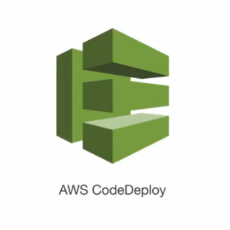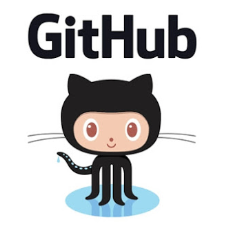Compare Products

|

|
Features * Automated Deployments: AWS CodeDeploy fully automates your code deployments, allowing you to deploy reliably and rapidly. You can consistently deploy your application across your development, test, and production environments on any instance, whether running in the cloud or on-premises. The service scales with your infrastructure so you can deploy to one instance or thousands.
* Minimize Downtime: AWS CodeDeploy helps maximize your application availability during the software deployment process. It peforms rolling updates across your instances and tracks application health according to configurable rules. Code deployments can easily be stopped and rolled back if there are errors.
* Centralized Control: AWS CodeDeploy allows you to easily launch and track the status of your application deployments through the AWS Management Console or the AWS CLI. CodeDeploy gives you a detailed report allowing you to view when each application revision was deployed and to which instances. You can also create push notifications to receive live updates about your deployments.
* Easy To Adopt: AWS CodeDeploy is platform and language agnostic and works with any application. You can easily reuse your existing setup code. CodeDeploy can also integrate with your existing software release process or continuous delivery toolchain (e.g., Jenkins).
|
Features * distcc is developed on GNU/Linux, but has been reported to work on other systems including FreeBSD, NetBSD, Darwin, Solaris, HP-UX, IRIX, Cygwin and BSD/OS.
* distcc sends the complete preprocessed source code across the network for each job, so all it requires of the volunteer machines is that they be running the distccd daemon, and that they have an appropriate compiler installed.
* distcc is not itself a compiler, but rather a front-end to the GNU C/C++ compiler (gcc). (There is preliminary support for some other compilers but the main focus is gcc.) Almost all gcc options and features work as normal.
* distcc is designed to be used with the -j parallel-build feature in GNU Make or SCons, or other build tools. Shipping files across the network takes time, but few cycles on the client machine. Any files that can be built remotely are essentially "for free" in terms of client CPU.
* distcc has been under development since early 2002. It reliably and successfully compiles large, complex free and proprietary software systems. Programs known to build correctly with distcc include the Linux kernel, rsync, KDE, GNOME (via GARNOME), Samba and Ethereal.
* distcc is nearly linearly scalable for small numbers of machines: Building Linux 2.4.19 on a single 1700MHz Pentium IV machine with distcc 0.15 takes 6 minutes, 45 seconds. Using distcc across three such machines on a 100Mbps switch takes only 2 minutes, 30 seconds: 2.6x faster. The (unreachable) theoretical maximum speedup is 3.0x, so in this case distcc scales with 89% efficiency.
|
LanguagesOther |
LanguagesC CPP Objective C Other |
Source TypeClosed
|
Source TypeOpen
|
License TypeProprietary |
License TypeGPLv2 Other |
OS Type |
OS Type |
Pricing
|
Pricing
|
X
Compare Products
Select up to three two products to compare by clicking on the compare icon () of each product.
{{compareToolModel.Error}}Now comparing:
{{product.ProductName | createSubstring:25}} X